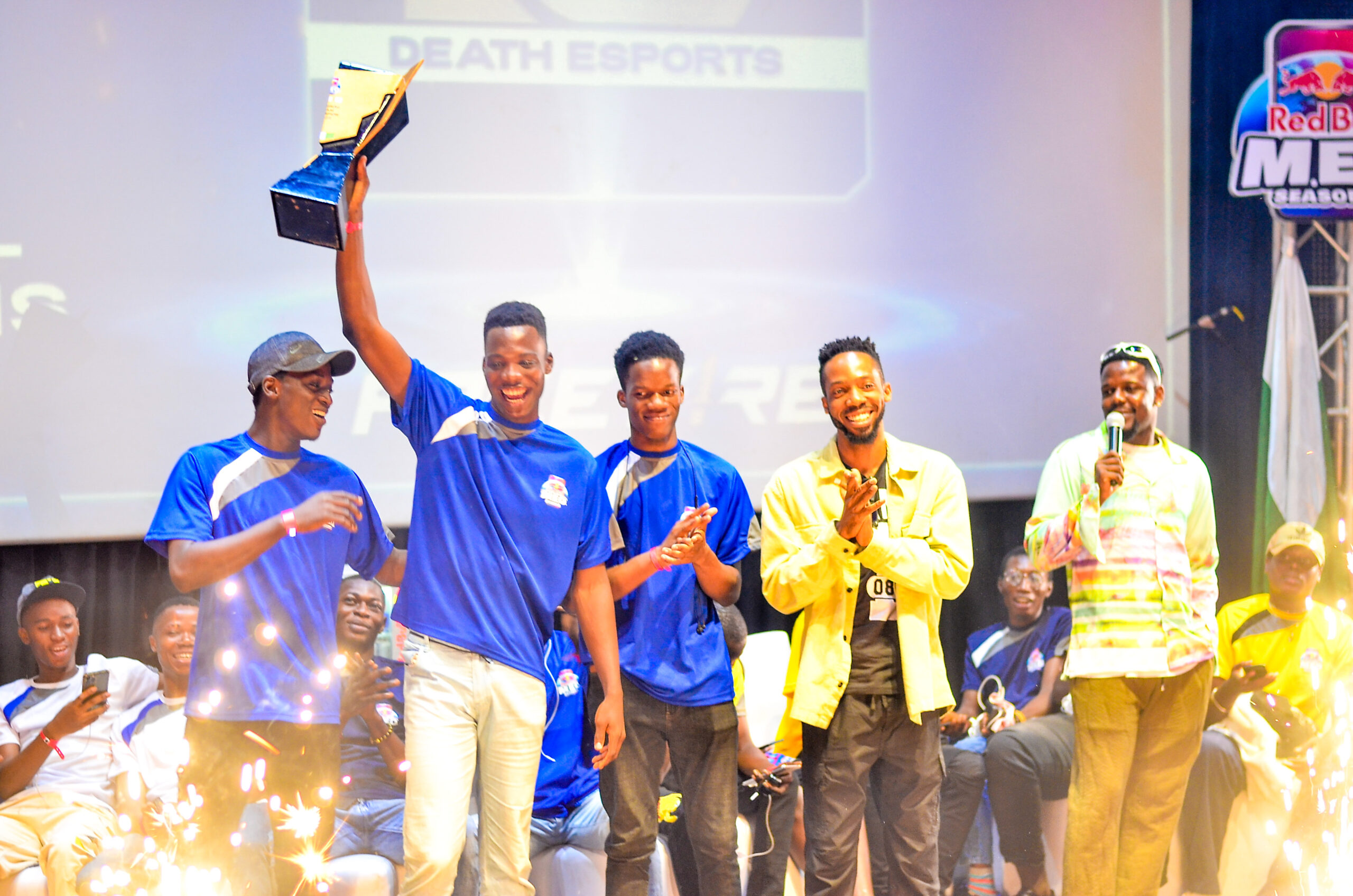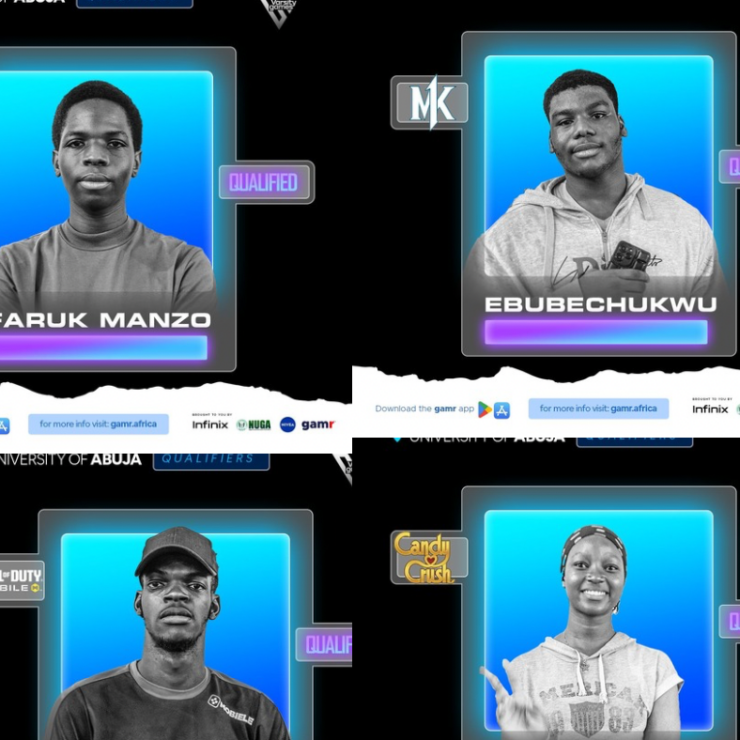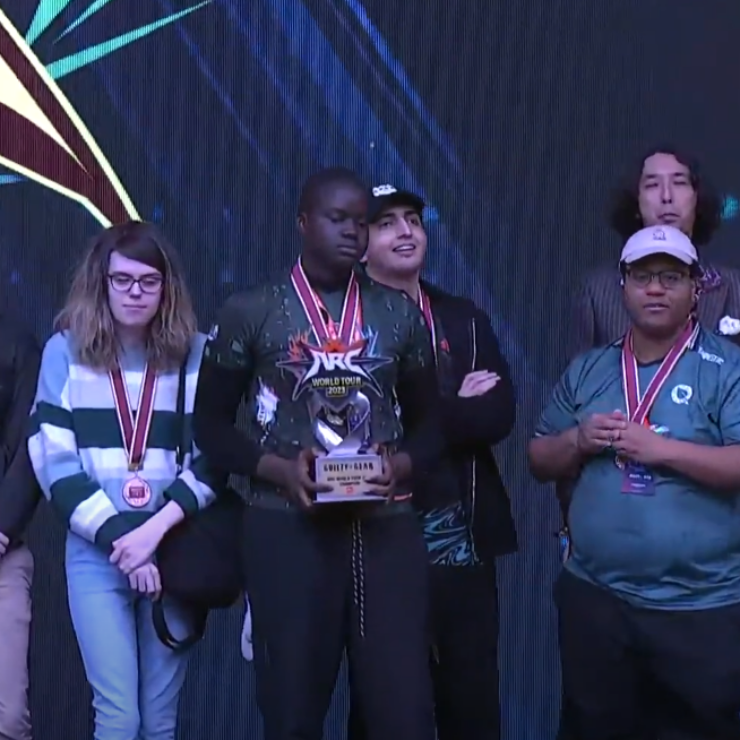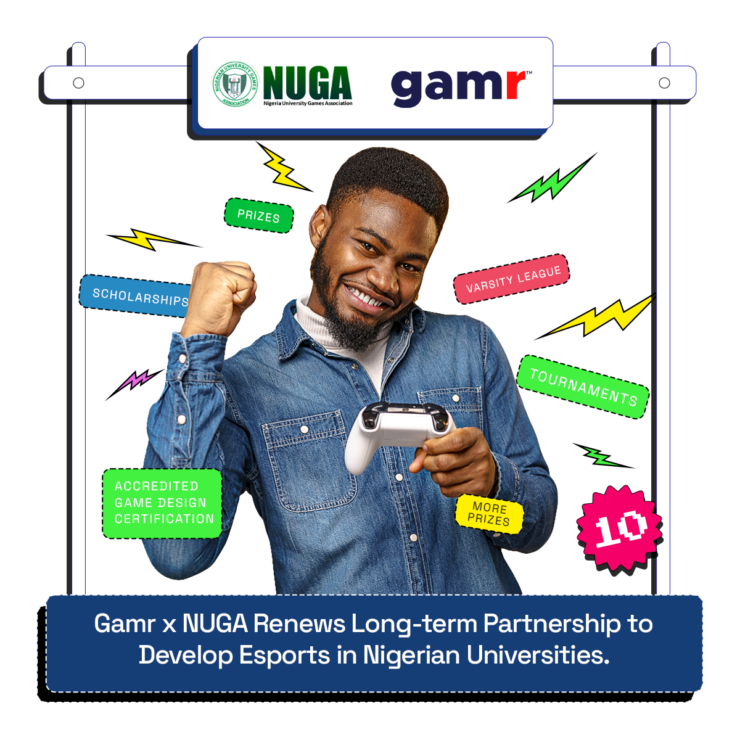Esports, like any other sport, has players categorised by their level of skill and talent. As much as experts have tried to truly gauge or explain the origins of this “talent,” there is no true definitive way to ascertain it. However, as we will further discuss talent in esports, it is a gateway to tackle a real and pressing issue.
Esports has a talent problem. This can be confusing. Is there ample talent in the esports ecosystem? Yes, but are there enough talents? No. The difference here is that talent means both “natural skill” and the people possessing “natural skill.” From here on out, we will refer to the former as “talent” and the latter as “gamer talent.” Esports is an amazing platform for showcasing talent, but in truth, it’s just the tip of the iceberg.
The amount of “talent” on display is but a fraction of the available crop of “gamer talent.” Speaking of gamer talent, this refers to the number of engaged gamers in the esports ecosystem, and the number is about 3.9 billion players.
How many players from this large population are actually actively engaged in the professional space? — not nearly enough.
Bringing this back to Africa, the gap between the professional and amateur talents is even wider — and cause for greater concern. The amount of gamers in sub saharan Africa is about 186 million with South Africa having the highest crop with 24 million. Ghana and Nigeria emerged as second and third.
But what is the reason for this difference in number? Why does the large number of active gamers not translate to more active esports players? This is because where normal sports employ a straightforward recruitment method, esports is lacking in such.
In Africa, there are no realistic recruitment pipelines for esports, there is however an abundance of untapped and most importantly, underrepresented talent. Ordinarily, there are an abundance of esports brands in the global scene, but this too is lacking in the African esports space.
The average African gamer probably has no clue what the Esports Global Games are or that they can enter and win. This gap in information, engaged gamers and access to professional gaming opportunities is one that currently plagues the continent.
There are a few ways to remedy this situation, and Gamr has taken the reins on executing actionable strategies to bridge this gap. Gamr’s mission to give every gamer an opportunity to play, connect and earn goes as far as engaging the active and inactive players on the continent.
As mentioned earlier, esports has a talent problem; if this still does not register, then perhaps we can dive deep into this and see how to get to a mutual understanding. In sports terminology, esports lacks a “pipeline.” In sports culture, a “pipeline” is a structure put in place to connect talent (people) with sporting opportunities. For football, this is the feeder team, youth academy, and lower divisions. For basketball, this is the school’s drafting pipeline.
Both of these recruitment systems work excellently well to bring as much talent from the “amateur” level to the “professional” level. But this is not present in the esports space, why? Is esports not also, in its own right, a sport with people just like any other? The answer is yes, but the reason esports lacks a pipeline is much more complex.
To answer this, we must go back to the skill vs. talent vs. talent conundrum. Not only is talent mysterious and rare, but it is also quite expensive to develop. Here’s the thing, with esports, just like any other sport, practice increases skill. If a gamer has the talent to make it as a professional, they still would lack the access to opportunities to showcase said talents.
The lack of funds to enter tournaments, buy the latest gear, or even get proper representation creates a huge hurdle for gamers, especially on the African continent. The pipeline method would work for esports but because of how expensive it is to train and nurture talents, no brand would want to take on that much responsibility — the risk is too much, especially when you can just back the already established professionals.
But what about players who have the passion, the talent but none of the access to opportunities? Wouldn’t the esports industry benefit greatly from more infusion of talent? Most certainly. The question now is, “How?”
This is where brands like Gamr come in since other brands elsewhere traditionally look to put their money on safe choices that require minimal risk, thereby further widening the gap between amateur talent and professional talent. Gamr has chosen to take on the herculean task of connecting the teeming population of underrepresented gamers and esports enthusiasts to the many opportunities in the esports space.
For gamers, esports competitions can come with a lot of fees — registration, transportation, etc. These fees stand as deterrents to their participation. Gamr helps to lighten this weight by curating “free-to-enter” tournaments, within the convenience of your location and with the same expected “clout” that you as a player would need to get your name out into the esports echo chamber.
Gamr is effectively acting as a pipeline for transitioning from amateur to professional on the African continent. Gamers and esports enthusiasts alike can now simply surf the app or site and register for tournaments from the convenience of their phones, to attend so they don’t have to expend too much currency on the trip.
The usual challenges that plague the talent vs talent problem of esports are access and affordability, but with Gamr’s different approach, anyone can play, connect, and earn. You and your friends can register for a tournament for free and leave with prize money and, most importantly, clout in the esports community.
In the past year alone, Gamr has been at the heart of making sure esports thrives on the African continent by organising gaming festivals, partnering with both local and foreign brands, and creating more opportunities for amateurs to compete among themselves and consequently ascend to the levels of professionals.
Slowly but surely, the “Gamr” pipeline will get more African players into the global esports ecosystem, giving them the chance to not only break into the formerly exclusive space, but to live out their dreams on the biggest stages.
What do you think? Is Gamr’s pipeline doing its job sufficiently? And should more brands copy this structure to better create a healthy esports community on the African continent?





